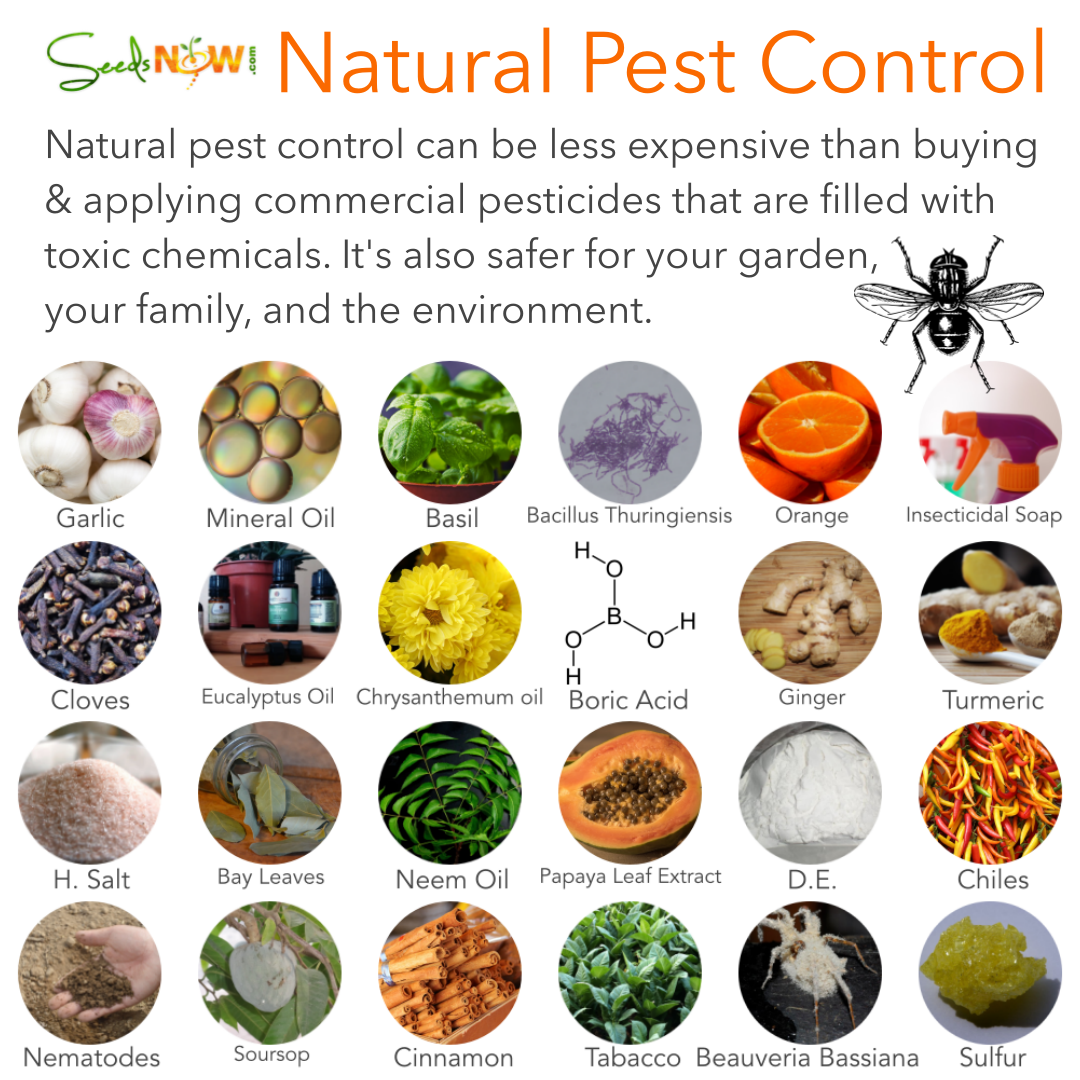Organic Pest Control for Gardens

Organic Pest Control for Gardens: A Comprehensive Guide
Gardening is a labor of love, but pests can quickly turn it into a labor of war. Before you reach for the heavy chemicals, consider organic pest control for vegetable gardens. It's safer, eco-friendly, and just as effective. Let's dive in!
Why Choose Organic Pest Control?
First things first, why go organic? Non-toxic solutions are safer for you, your family, your pets, and the environment. Plus, they won't harm beneficial insects like bees and ladybugs. It's a win-win!
Understanding Your Garden's Ecosystem
Before you start, understand your garden's ecosystem. Knowing the good bugs from the bad is crucial. Remember, not all insects are pests. Some are predators that feed on pests.
Prevention: The First Line of Defense
Organic gardening tips aren't just about controlling pests, but also about preventing them.
- Keep your garden clean. Remove dead leaves, weeds, and debris where pests can hide and breed.
- Rotate your crops. Pests are often plant-specific. Rotating crops can disrupt their life cycle.
- Use physical barriers. Netting and row covers can keep pests away from your plants.
Identifying Common Garden Pests
To effectively use eco-friendly pest control, you need to know your enemy. Here are a few common culprits:
- Aphids: Small, soft-bodied insects that suck sap from plants.
- Caterpillars: The larvae of moths and butterflies that chew on leaves.
- Slugs and Snails: Soft-bodied mollusks that leave trails of slime and chewed leaves.
Natural Pesticides: Your Secret Weapon
Natural pesticides are derived from plants, minerals, and other natural sources. Here are a few to try:
- Neem Oil: Made from the seeds of the neem tree, this oil disrupts the life cycle of insects.
- Diatomaceous Earth (DE): A powder made from fossilized algae, DE is sharp on a microscopic level and damages insects' exoskeletons.
- Insecticidal Soap: A soap solution that targets and kills soft-bodied insects like aphids.
Homemade Pest Control Solutions
Don't want to buy commercial products? Try these homemade remedies:
- Garlic Spray: Blend garlic cloves with water, strain, and spray on plants to repel pests.
- Chili Pepper Spray: Blend hot peppers with water, strain, and spray to deter mammalian pests like rabbits.
- Companion Planting: Certain plants naturally repel pests. For example, marigolds repel nematodes (microscopic worms).
Beneficial Insects: Your Garden Allies
Not all insects are bad. Some are predators that feed on pests. Attract them to your garden with these plants:
- Ladybugs: Feed on aphids. Attract them with dill, fennel, and yarrow.
- Lacewings: Their larvae feed on aphids, mites, and other small insects. Attract them with cosmos, coreopsis, and angelica.
- Bees: While not predators, they help with pollination. Attract them with bee balm, lavender, and borage.
Organic Pest Control for Specific Vegetables
Different vegetables have different pests. Here are some targeted strategies for vegetable garden care:
- Tomatoes: Use Bacillus thuringiensis (Bt), a natural bacterium, to control tomato hornworms.
- Cucumbers: Use kaolin clay to create a physical barrier against cucumber beetles.
- Lettuce: Use spinosad, a natural insecticide, to control leafminers.
When to Call in the Professionals
Sometimes, despite your best efforts, pests get out of control. Don't hesitate to call in professional help. Look for companies that specialize in organic pest control for vegetable gardens.
For more tips, check out this comprehensive guide on organic pest control for vegetable gardens.
Conclusion
Organic pest control is not just about applying a treatment and forgetting about it. It's about understanding your garden's ecosystem, preventing pests, and using natural, eco-friendly solutions when necessary. It's a holistic approach that's safer, healthier, and more environmentally friendly.
FAQs
Q: Are organic pesticides safe for pets and children? A: Yes, when used as directed. One of the main benefits of organic pesticides is their low toxicity.
Q: Can I make my own organic pesticides? A: Absolutely! Many organic pesticides can be made with common household ingredients.
Q: How do I know if a pest is beneficial or harmful? A: Research is key. There are many online resources and books that can help you identify garden insects.
Q: What if organic pest control doesn't work? A: If organic methods aren't working, you may need to call a professional. They can assess your situation and provide targeted advice.
Q: Can I use organic pest control methods for indoor plants? A: Yes, many organic methods can be used indoors. Just be sure to choose methods that are safe for indoor use.
0 Response to " Organic Pest Control for Gardens"
Post a Comment